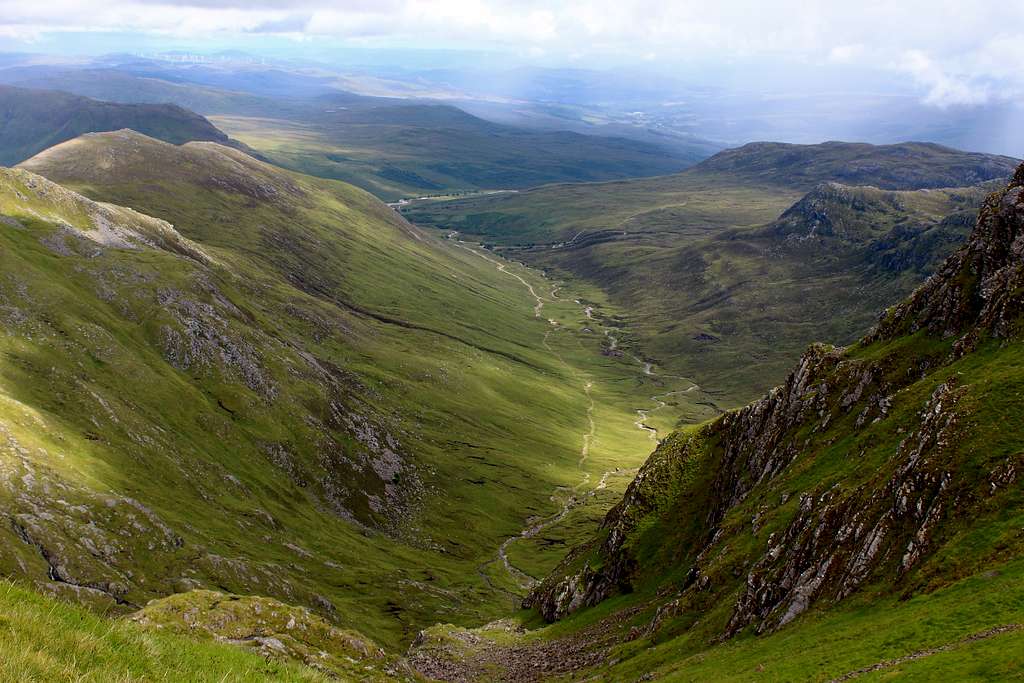yatsek - Nov 21, 2023 7:40 am - Voted 10/10
Forest?Without trees?
MikeLJ - Nov 21, 2023 9:18 am - Hasn't voted
Re: Forest?Hi Jacek,
This is one of those quirks of the English language!
Whilst the word "forest" does mean "a large area of woodland," it is also used to refer to "an area of land (not always wooded) originally reserved for hunting and often owned by the Crown."
For example, William I (aka the Conqueror) created the New Forest in the south of England for hunting in 11th Century. There are forested areas there today but most of it is open heathland.
I hope this makes sense?
Cheers,
Mike
yatsek - Nov 21, 2023 2:40 pm - Voted 10/10
Re: Forest?Thanks, Mike, for such a comprehensive explanation. We used to have royal forests but it never occurred to me 'forest' may not mean woodland. Your reply inspired me to do some research on the internet and I discovered that the Latin word the word 'forest' probably comes from had more to do with 'outside' than 'woodland'. Then the thing made me think of the Polish language as we also have two words for relatively wild areas covered with trees. These are 'las' for a wood and 'puszcza' for something somehow greater/wilder, usually translated into English as 'forest'. The funny thing is that a few centuries ago 'puszcza' (stemming from 'pusty' meaning 'empty'), also meant 'wilderness'! To sum up, it seems English and Polish are surprisingly similar in this particular case although the landscapes are not and we don't have much uncultivated land which isn't woodland.
Jacek
MikeLJ - Nov 22, 2023 9:29 am - Hasn't voted
Re: Forest?Thanks for this information Jacek.
I guess, in Europe we all have many connections.
Mike









Comments
Post a Comment